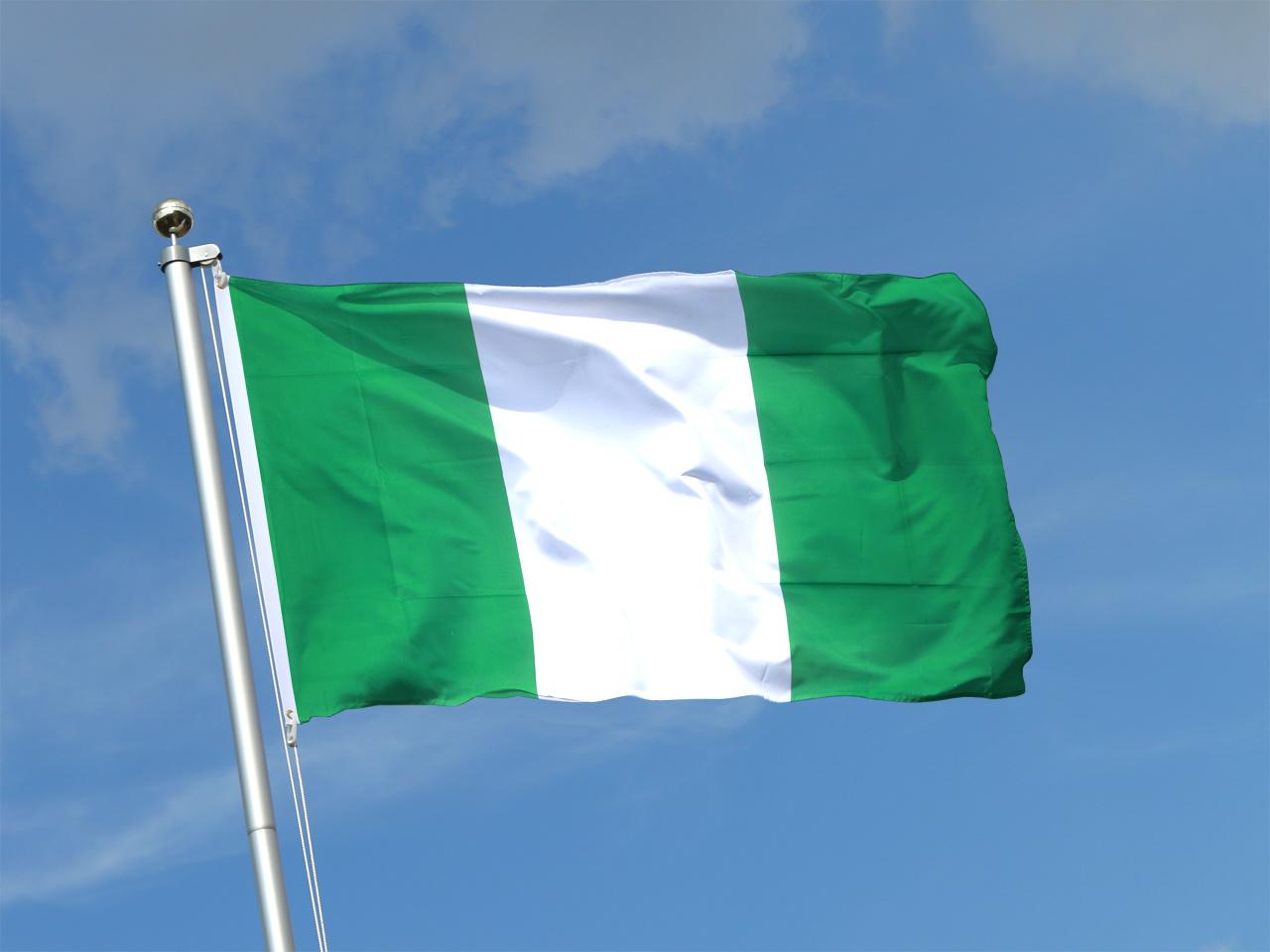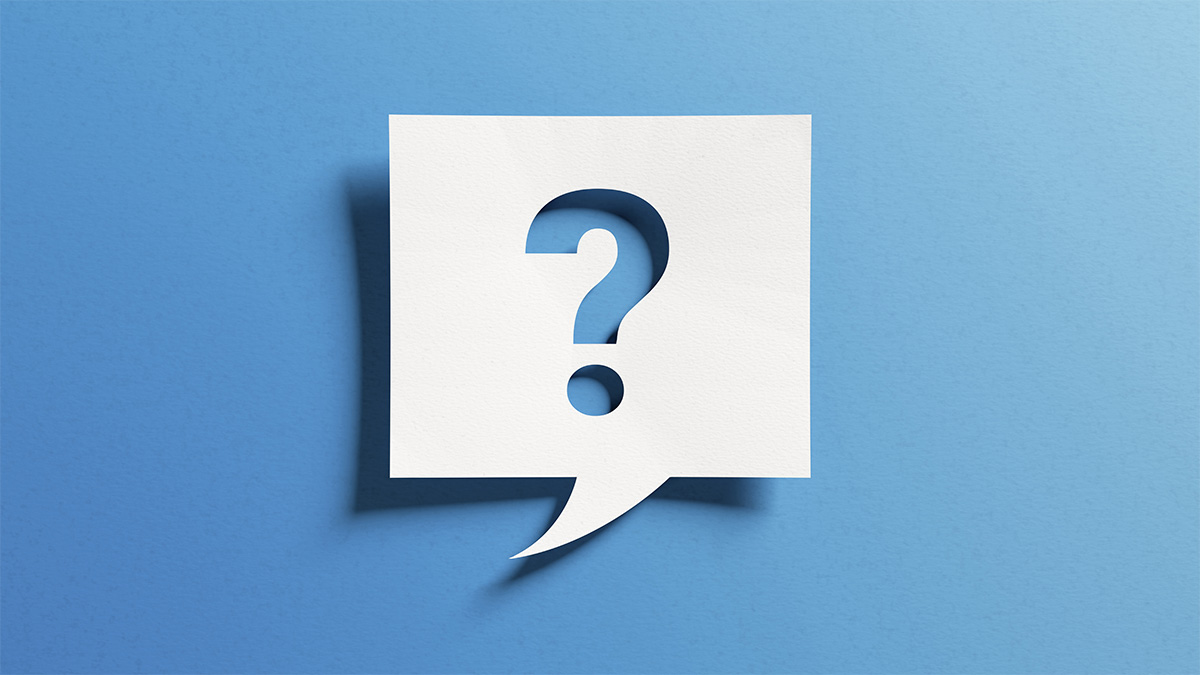Nigeria, We Hail Thee—Or Not?

You have seen (or heard) the news and likely been drowned amidst the deluge of memes about the introduction of the “new” national anthem. Perhaps it was your first time learning that “Arise, O Compatriots”—the one you knew like the back of your palm—had not always been the country’s identity in song. You, like me, must have shrugged it off as another trend or sensation on social media for mere comic relief… until you saw that it actually wasn’t. Perhaps in a bid to stay sane and not lose your mind (out of frustration, of course)—the daily struggle of the average Nigerian—you resolved to ignore it. Or, perhaps instead, you were somewhat intrigued by this change and its possible prospects for Nigeria’s political climate.
While you’re probably tired of hearing reactions on the subject, I got quite some interesting takes when I set out to ask a few UIMSAites what they thought about the change.
The Thing About Anthems
Q: What importance do you think the national anthem holds in a country, if any?
Elizabeth: It’s a national identity, it’s kind of who we are. I think it’s important in communicating who and what the country stands for.
Teniola: I will say it helps to remind you that you belong to your country.
Ibukun: I don’t know if there’s any importance per se. All I know is that it’s one of the national symbols.
Abdul-Malik: I feel it gives one some sense of belonging and trust in the nation.
Hephzibah: It sort of crafts into music, what a nation stands for. It should reflect the personal values and commitments of a country.
Greatness: In any sane country, I think the National Anthem is supposed to convey a sense of patriotism to one’s country. It’s something you say regularly as a reminder of the place of which you are a proud citizen of.
Tolulope: The national anthem, like the national pledge, to me is just like what every citizen of a country holds to. People of diverse religions and tribes all say the same words—prayers—for the country whose national anthem they recite.
Rukevwe: I don’t think it holds any importance, to be honest.
Anthems and Sentiment
Q: Did you have any sentimental attachment to the previous anthem, and why?
Teniola: I do not. I saw it as a waste of time.
Rukevwe: Yes, it’s simply what I’ve always known. It’s familiar. I like “familiar.”
Victor: Yes, the lyrics and the fact that it’s composed by a Nigerian.
Abdul-Malik, Goodness, Ibukun, Elizabeth: I don’t.
Hephzibah: Not exactly.
Greatness: The only sentimental attachment I can say I had was that it was the anthem I sang growing up. Thinking about it now takes me back to standing in a line at the school assembly in Primary and Secondary school.
Peter: No. I am less bothered about the anthem being changed. What positive impact has singing the previous one brought to the country?
Favour: No. Well, I think because the impression people created around me just made me lose value for it. When I saw the way people didn’t uphold the anthem, I kind of lost interest.
Tolulope: I’d say yes, basically because that’s what I grew up singing and I think the lyrics are really powerful.
Lyrics Matter Too, Right?
Q: Have you read the new anthem? Which do you think is better, lyrically?
Teniola: I’ve not read the new anthem so I can not tell.
Rukevwe: Yes, I have. I think the old one is better.
Samuel: No! The new anthem is short, and I think the old Anthem Is better.
Ibukun: I saw the anthem in a video. I can’t say if any is better wordings-wise. They had a reason for changing it in the first place. Why revert back to the old one?
Francis: I’ve read the new anthem, the old is better.
Victor: The previous one is better.
Abdul-Malik: Yes, and I think the new one is better.
Hephzibah: I think so. I’d still prefer ‘Arise o compatriots.’
Greatness: No, I haven’t. Each time it comes up on social media, I simply skip. It reminds me too much of how ignorant our leaders are.
Favour: Yes. The new one is better.
Glory: Lyric-wise I’d give it to the new. The stanzas are more than the former and it covers a bit more in my opinion.
Tolulope: The former anthem is better.
Or There’s More Where that Came from?
Q: Do you think there’s anything suspicious about the speed with which the bill passed the hearings and got signed into law? What are your thoughts on it? Do you think there’s still more to come that we may not yet be aware of?
Teniola: I think they passed it into bill to distract us from his one year in office. He doesn’t have anything to share so why not distract us well?
Rukevwe: No, I don’t think it is suspicious. I just think it was to satisfy the president’s nostalgia. Nothing more.
Elizabeth: I don’t think there’s anything so suspicious, but I’m dotting it is a distraction from other things. The speed was probably because it’s a pretty abstract thing—no resources or know-how required to change it.
Benjamin: Yes, I do. It’s the present administration’s way of distracting the people. How do you distract the people? Give them something else to talk about. There’s more to come.
Samuel: There is more to come! As long as the president is able to throw controversial topics around while diverting attention from his bad governance.
Ibukun: I think it’s just ridiculous that they’ll pass a bill on that so fast when other important things that affect the citizens are always dragged on. More to come? Definitely. Signing irrelevant things into law, leaving the important unattended to.
Abdul-Malik: I was surprised at the speed, too. I have the opinion that the government has more in stock for us than we could imagine because this might just be the start of a chain reaction.
Hephzibah: It seems there’s some political and perhaps, ethnic, undertone to the whole thing. I heard it had to with the fact that a previous non-Yoruba President signed the old anthem (Arise o compatriots) into law, and the current president wants to prove some ethnic whatever.
Peter: I don’t think so. Our leaders are just shying away from the country’s main problem.
Glory: One could think it was as if they were expecting this, but in any case it does look suspicious. It’s as if dear President has the National Assembly in his palms and if that is the case then there is more to come.
Tolulope: I feel there’s more to come and I think the current government wants to try all its best to change Nigeria.
Mr. President or Our Lawmakers?
Q: While many are criticizing the President for assenting to and signing the bill into law, many others are claiming that the real problem is with lawmakers in the National Assembly who sponsored the bill in the first place. However, a video making the rounds on social media revealed him citing his preference for this newly adopted one. What do you make of this?
Teniola: All of them in the assembly are weak. They do what their paymaster tells them to do. Spineless. I’ll say though that it is a big shame.
Rukevwe: Just as I said earlier, it was changed to satisfy one person. This is disappointing as the lawmakers are there to serve the people, not the president.
Elizabeth: Nothing really. At this point, nobody really cares about the national anthem, and so I think it’s an absolute waste of time.
Samuel: I believe he has the whole group in his hands, the same people that eats from his table could not criticize his government, the anthem holds nothing for them, so they see no reason why it shouldn’t be changed.
Ibukun: Whatever they say is true. I couldn’t care less about what the problem is.
Abdul-Malik: I feel both the president and the national assembly paid attention to something I would consider trivial, judging by the dire need of an urgent economic rehabilitation. Change in national anthem and whatever can come after they have made life easier for the masses.
Hephzibah: I feel both parties are to blame. ‘Cos why will you as a president leave the “weightier matters of the law” and attend to the trivial unimportant things? I also think the National Assembly may have no say really. Because many of them, I suppose, were helped to get to the position by the president.
Greatness: I think all of them are the problem, please.
Favour: As I said earlier we have other issues on the ground. A new national anthem won’t increase the nations revenue.
Glory: Who is at fault? Both of them to be honest. The national anthem is the core of a country. It’s what makes a country what it is. It shouldn’t be changed on a whim. If any leader can come up and just change it to suit their fancy it makes the country a joke, a plaything. This is the second time it would be changed and to what end? I do think it doesn’t give a good face to the country if one of her values is continually changed.
Closing Thoughts
1. National identity is only significant when the citizens see the need to be identified with the country. It’s only a matter of time before a nation known for consistently letting down its citizens loses them to indifference. People will hardly care about a national symbol when the nation it “symbolizes” no longer holds value in the hearts of its citizens.
2. It is utterly unfair to strip a people of what they’ve always known and embraced as their “identity” and hypocritical to then claim to be giving them something to believe in.
3. The significance of a national symbol lies partly in the effect it has on a nation. It is hypocritical to claim that a national anthem bears a message of unity, peace, and progress when indices show that the exact opposite is what obtains—there is hardly unity, peace is a mirage in many quarters, and progress sounds more within the realm of wishful thinking.
4. National symbols like the anthem ought to instill unity, faith in the country, and patriotism in the citizens. Isn’t it ironic when leaders do the exact opposite through poor governance and then pay lip service to these symbols?
5. Good governance is fundamentally about applying the right principles to the right priorities. Get either or both of these wrong and the nation is a disaster waiting to happen.
6. If something so definitive for a nation as its anthem can be changed virtually “overnight” (in the span of days) with barely any input from the masses, it speaks volumes concerning the state the nation has got to.
7. A nation’s polity is as good as its lawmakers. There’s a serious, fundamental problem if the lawmakers in a democratic government do not represent the interest or opinion of the masses.
And so the struggle continues, and the question remains—will we sing “Nigeria we hail thee” in a Nigeria that feels more like hell by the day? How long before redemption comes? Will redemption come?
Igdaliah Otitoola




